Dear Hamline Community,
For many of us, choosing sides in the Israeli-Palestinian conflict feels impossible. We are your colleagues and peers, Jewish and not Jewish, who find ourselves caught between love for our Jewish family and friends worldwide, including those in Israel, and the undeniable tragedy unfolding in Gaza.
We have no problem publicly condemning the ungodly death toll in Gaza. The world is witnessing a moral tragedy—one that includes the suffering and death of thousands and thousands of children. It’s unspeakable, and yet we must speak. Our Jewish family and friends understand that and have spoken up. Nor do we have a problem publicly blaming Netanyahu for his role in this carnage. Again, neither do our Jewish family and friends.
But we do have a problem with people who will not publicly acknowledge and condemn Hamas’ role in this bloodshed. If you’re staying silent because you think your condemnation of Hamas goes without saying, you’re wrong: your Jewish colleagues and peers need to hear you say it out loud. If you’re staying quiet because in some way you support or at least sympathize with Hamas’ brutal actions and bloody visions for the future, well, you should say that too.
We share the sadness, outrage, and pain you feel about the suffering and death of Gaza’s women and children. Yet our hearts also ache for Israeli women and children, and this pain seems to be ours only. We can’t unsee the haunting images – of loss, pain, and devastation. Our hearts hurt consoling family and friends whose loved ones died or were taken hostage. We carry this pain with us, and yet we hesitate to reveal our feelings and our connection to Jewishness in conversations with you because of your silence.
When we hear you repeat “From the river to the sea…” and see this phrase on the flyers in our communities, we wonder if you, our beloved colleagues and peers, understand that this phrase implies the disappearance of Israel from the map. We wonder if you agree that Jewish people do not have the right to their home on Earth. We constantly have to ask what your answer is to the key question of “Does Israel have a right to exist?”
If your answer is, “Yes, BUT…” that’s our answer, too. And we need to hear you say it loud and clear. If your answer is “No,” then, well, that’s your answer. And come to think of it, you don’t need to say it out loud. Because it’s already what we are hearing from your silence.
We are your colleagues and peers. We are your allies in the fight against Palestinian genocide. We can’t pick a side because we have and love Jewish family and friends and share their pain. We need you to acknowledge that this conflict has many victims and no simple solutions. For this conflict to end, we have to learn to hear each other and accept each other’s pain as our own.
Maybe the urgency of stopping the violence and death in Gaza is too overwhelming for you to check in with your Jewish classmates and colleagues. We feel this urgency too. Maybe you think they should know you aren’t advocating for their disappearance from the Earth in general or the region in particular. But we wonder whether this is a time for deciding what people caught up in a tragedy should feel. Jewish people and those who love them do feel vulnerable and threatened right now, whether you believe they should or not. And what we’re asking for is a world in which we care for one another unconditionally. Perhaps we can’t do that now, or tomorrow, or even in the next decade… But hopefully, we can one day… hopefully, not never…
Patrick Hueller and Irina Makarevitch

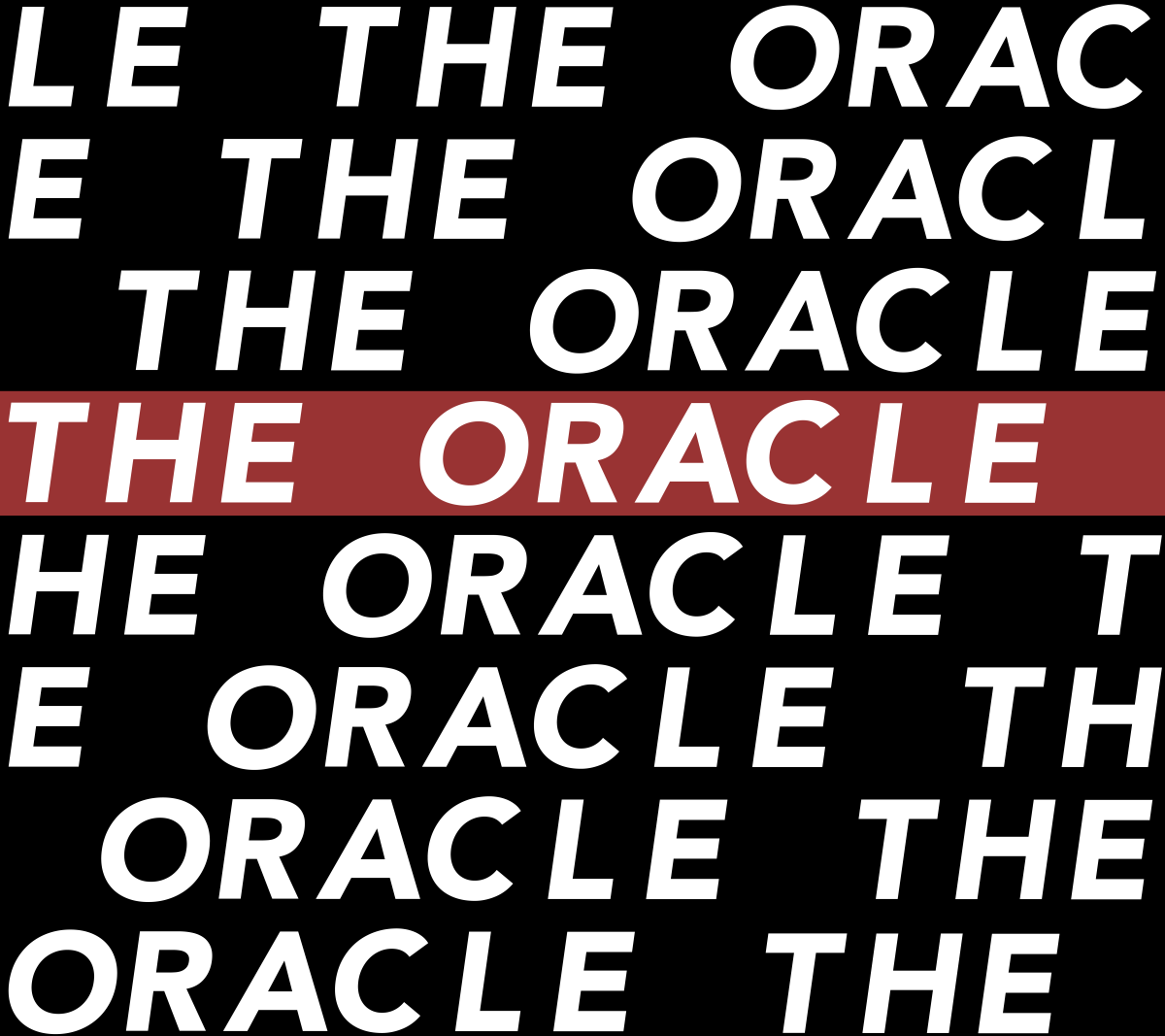
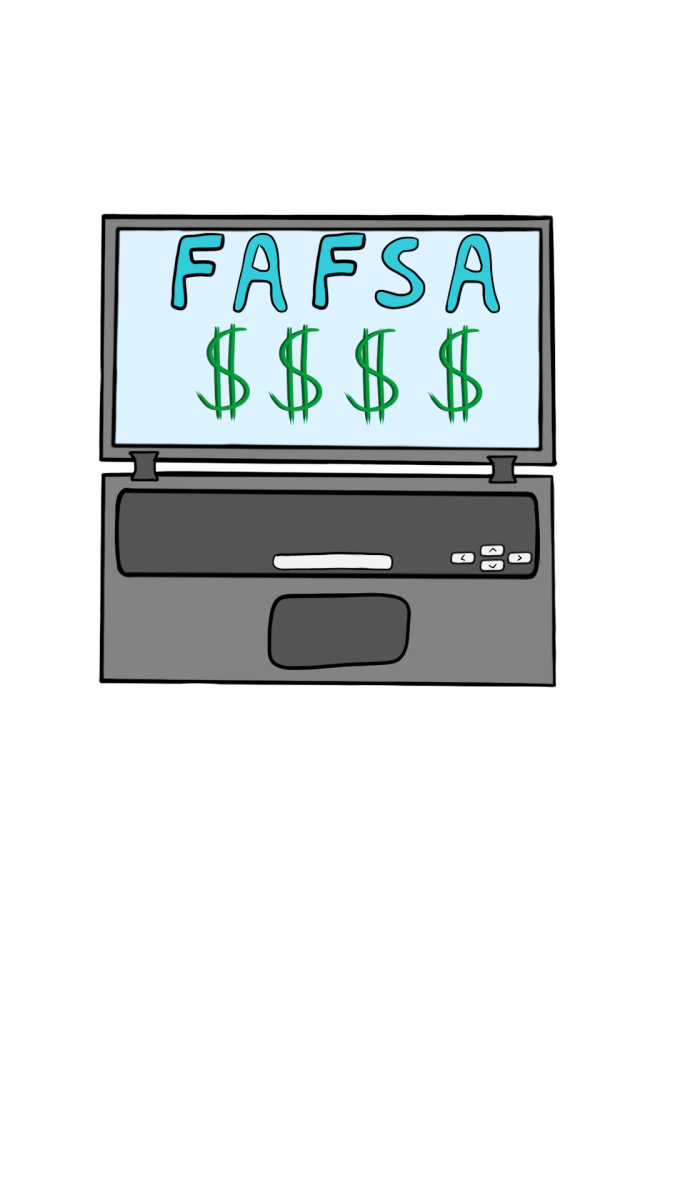


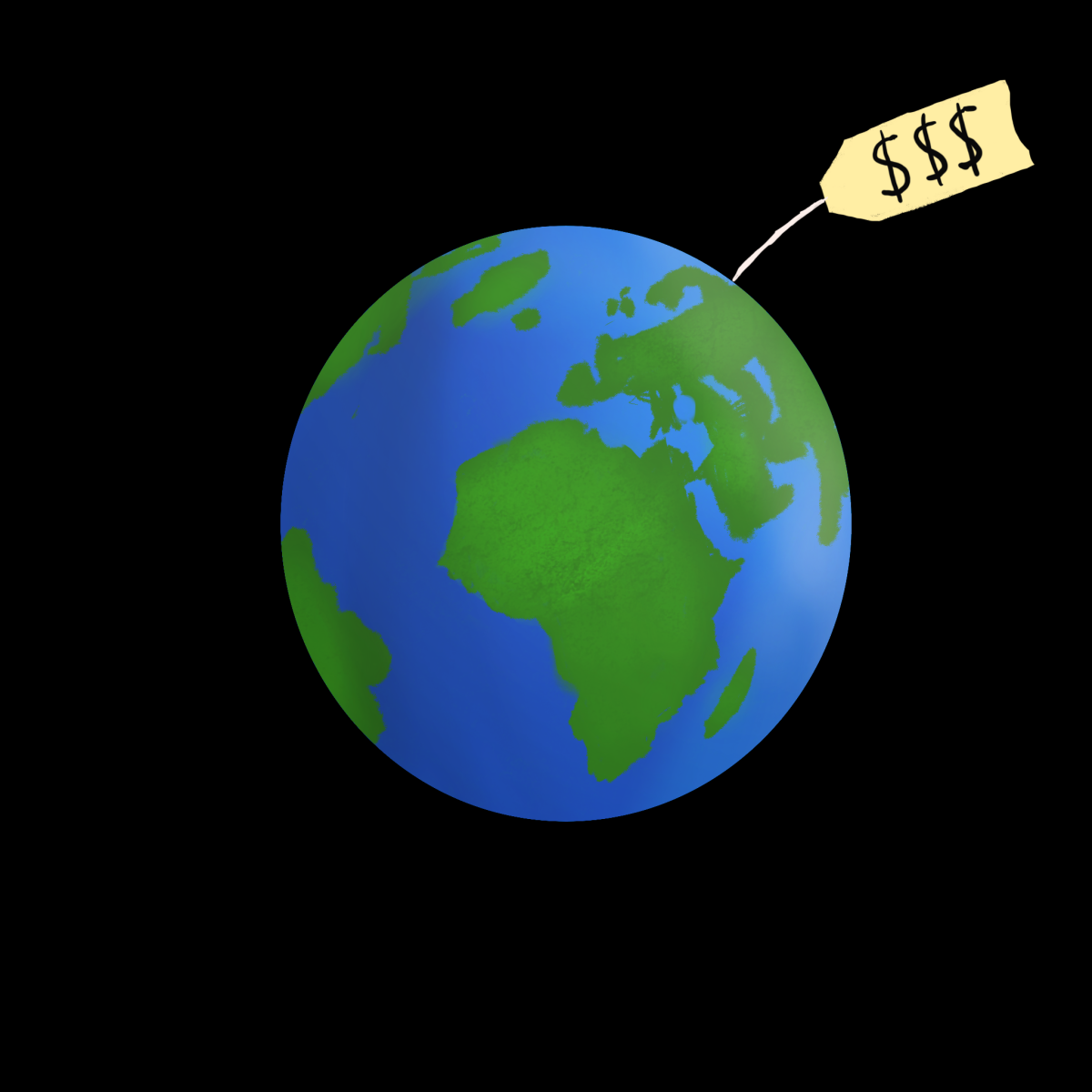
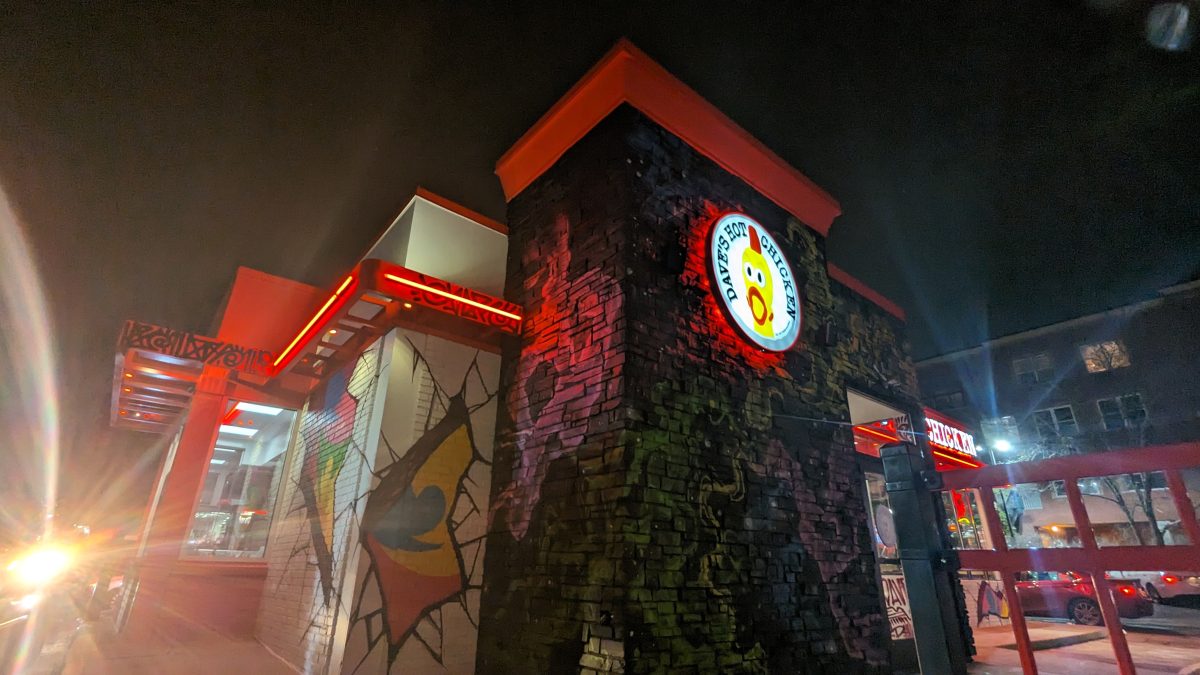
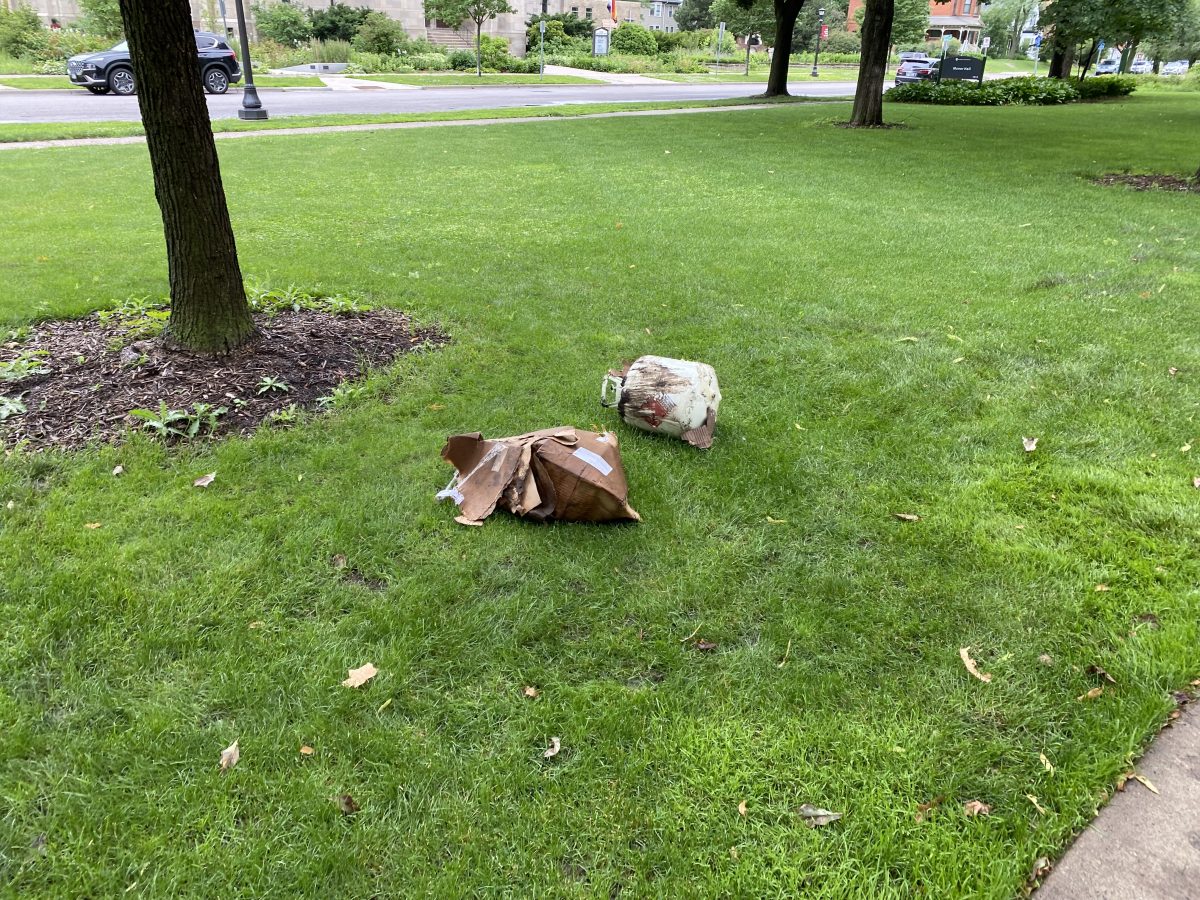
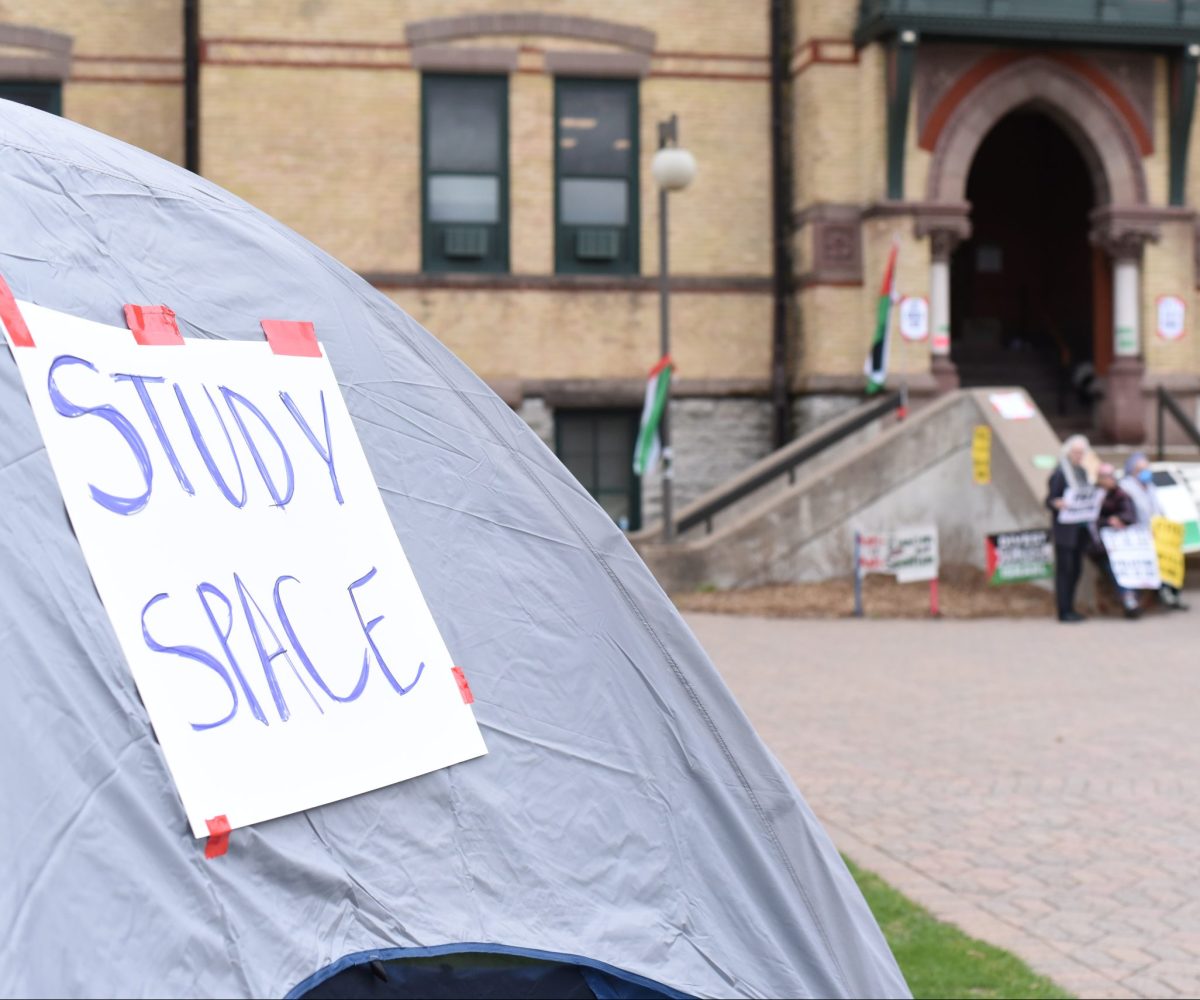
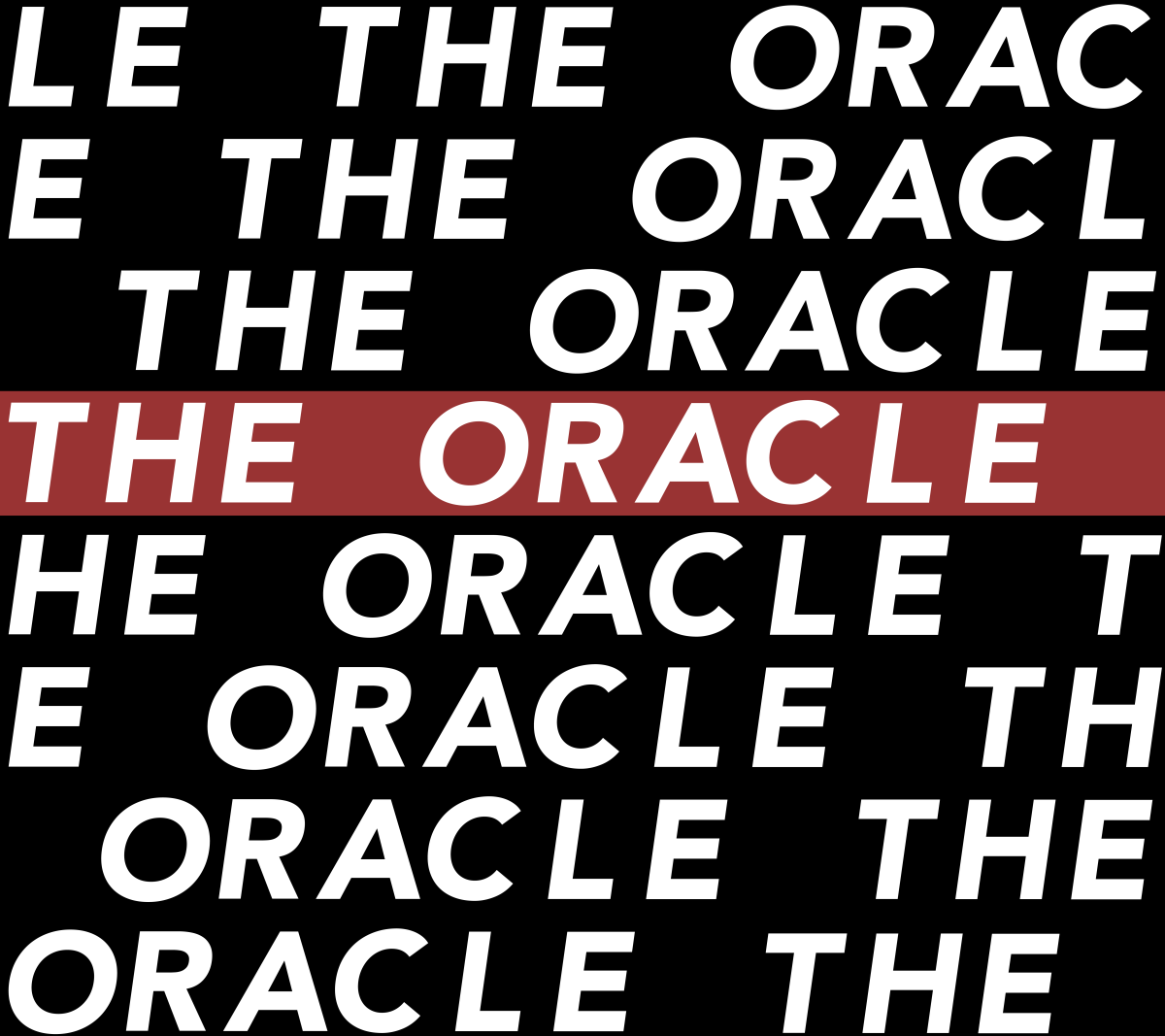
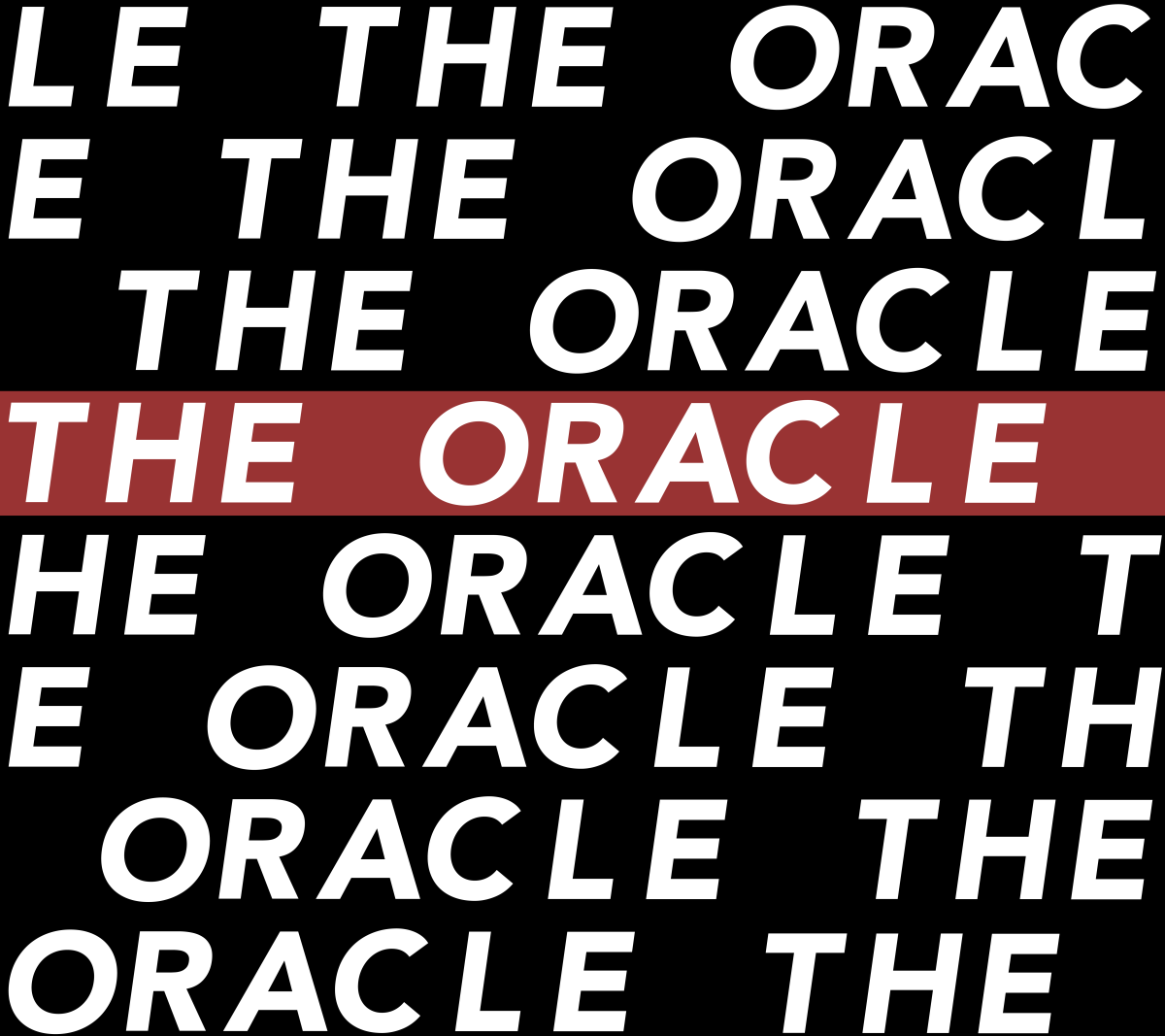
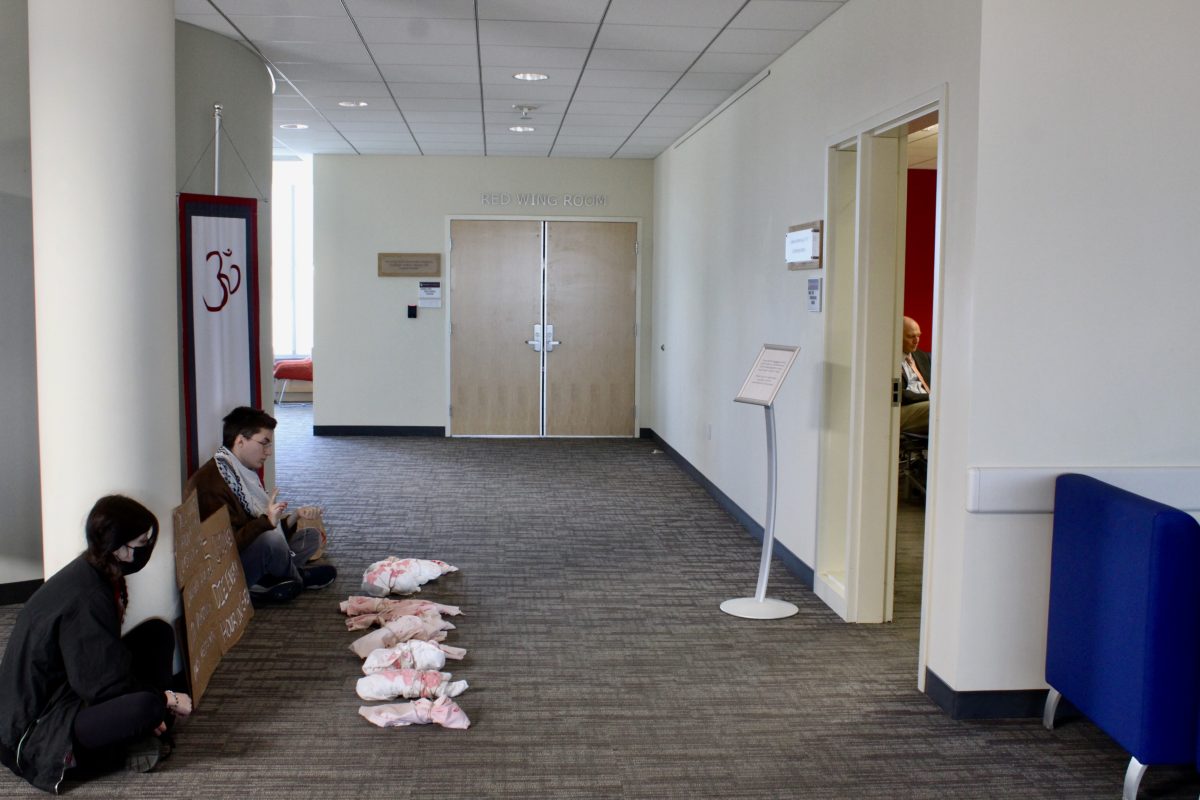
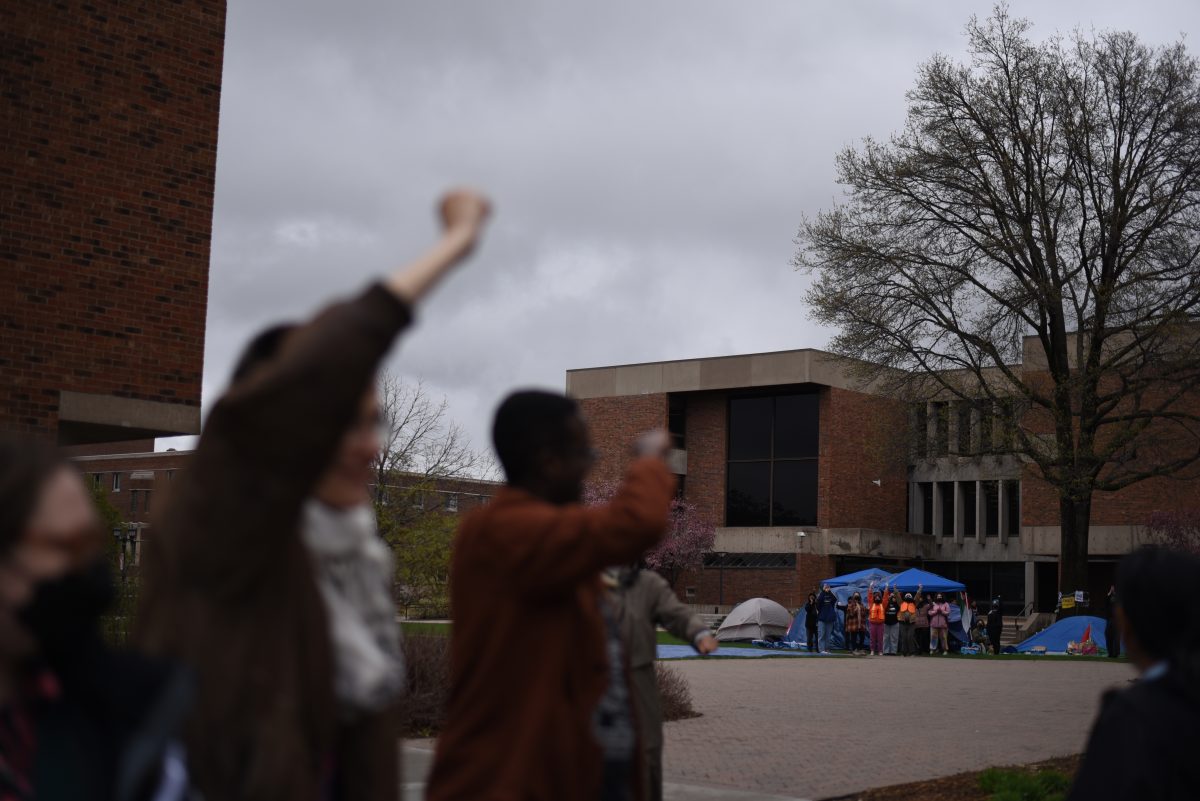
An adjunct • Apr 30, 2024 at 2:01 am
i’m sorry about your feelings, but this letter is a document of moral incompetence.
count the dead. put your feelings aside. count the dead.
A Sad Alum • Apr 30, 2024 at 10:19 pm
This is a very ignorant comment! Why are your feelings more important than those writing this letter? The moral incompetence seems to be yours.
Are you counting the dead from the many attacks against the people of Israel?
Where was the outrage when innocent women and children were tortured, taped, and murdered on October 7th?
Where is the outrage demanding hostages be released?
Anti-violence should apply to all, not just one group.
It doesn’t seem history is being taught any longer. Read and learn about the history of the region.
Stephen Kellert • May 1, 2024 at 9:09 am
This comment indulges in the callous, snide dismissal of a heartfelt expression of sympathy for the suffering of others. This comment rejects any acknowledgement of multiple perspectives in favor of reductive judgment based on crude calculation. I don’t know what “moral incompetence” is, and I don’t pretend to stand in judgement of it, but this comment shows far less courage and wisdom than the Students for Justice have themselves demonstrated in their revised statement.
An adjunct • May 1, 2024 at 12:28 pm
which of these sufferings have to do with identifications and sympathies, and which have to do with the wildly disproportionate, and still ongoing, deaths of civilians and non-combatants?
a morally competent response to the current situation would know to prioritize the gravest and most urgent losses of human life, especially of those most vulnerable. it would not wallow in pathological, secondhand psychodrama. perspectives and feelings always exist in complex situations but it is part of knowing how to be moral to know when a demand to have one’s perspective and feelings acknowledged adds nothing to any actual attempt to address the situation. is there no place for that acknowledgement? of course there is. but would it be more important to secure before, or after, further gazan deaths?
Stephen Kellert • May 1, 2024 at 3:01 pm
First, I note that the editors of the Oracle have chosen to allow you to anonymously post a hurtful and insulting characterization of the original letter as “wallow[ing] in pathological, secondhand psychodrama.”
Second, I have had the honor of talking with several of the students organizing the Encampment, and I have found that they are admirably capable of holding empathy for and acknowledgement of multiple perspectives. And they do this while taking concrete action to address the situation — rather than merely trolling in the comments section. So I will choose to engage with them, and not respond further in this forum.
Students for Justice • Apr 29, 2024 at 7:28 pm
A quote from our statement:
” We are not calling for the eradication of Israel or the expelling of Israeli Jews. We do not support any violence against civilians.”
See the rest of our statement at our instagram (sfj_hamline)
Aida Audeh • Apr 29, 2024 at 5:39 pm
I refer readers to the following article by Professor Maha Nassar of the School of Middle Eastern and North African Studies, University of Arizona which explains in depth the history of the use of the phrase “from the river to the sea” and its varied meanings within the current context in which we find ourselves. It was published in The Conversation on November 16, 2023 and is available online under the title “’From the river to the sea’ – a Palestinian historian explores the meaning and intent of scrutinized slogan”. I include the article in its entirety below as the Oracle does not allow links in its comment section. Aida Audeh, Professor Emeritus of Art History and Palestinian-American.
What does the call “From the river to the sea, Palestine will be free” mean to Palestinians who say it? And why do they keep using the slogan despite the controversy that surrounds its use?
As both a scholar of Palestinian history and someone from the Palestinian diaspora, I have observed the decades-old phrase gain new life – and scrutiny – in the massive pro-Palestinian marches in the U.S. and around the world that have occurred during the Israeli bombing campaign in the Gaza Strip in retaliation for Hamas’ Oct. 7 attack on Israel.
Pro-Israel groups, including the U.S.-based Anti-Defamation League, have labeled the phrase “antisemitic.” It has even led to a rare censure of House Rep. Rashida Tlaib, the only Palestinian-American member of Congress, for using the phrase.
But to Tlaib, and countless others, the phrase isn’t antisemitic at all. Rather, it is, in Tlaib’s words, “an aspirational call for freedom, human rights and peaceful coexistence.”
I cannot speak to what is in the heart of every person who uses the phrase. But I can speak to what the phrase has meant to various groups of Palestinians throughout history, and the intent behind most people who use it today.
Simply put, the majority of Palestinians who use this phrase do so because they believe that, in 10 short words, it sums up their personal ties, their national rights and their vision for the land they call Palestine. And while attempts to police the slogan’s use may come from a place of genuine concern, there is a risk that tarring the slogan as antisemitic – and therefore beyond the pale – taps into a longer history of attempts to silence Palestinian voices.
An expression of personal ties
One reason for the phrase’s appeal is that it speaks to Palestinians’ deep personal ties to the land. They have long identified themselves – and one another – by the town or village in Palestine from which they came.
And those places stretched across the land, from Jericho and Safed near the Jordan River in the east, to Jaffa and Haifa on the shores of the Mediterranean Sea in the west.
These deeply personal ties were passed down over generations through clothing, cuisine and subtle differences in Arabic dialects that are specific to locations within Palestine.
And those ties continue today. Children and grandchildren of Palestinian refugees often feel a personal connection to the specific places their ancestors hailed from.
A demand for national rights
But the phrase is not simply a reference to geography. It’s political.
“From the river to the sea” also seeks to reaffirm Palestinians’ national rights over their homeland and a desire for a unified Palestine to form the basis of an independent state.
When Palestine was under British colonial rule from 1917 to 1948, its Arab inhabitants objected strongly to partition proposals advocated by British and Zionist interests. That’s because, buried deep in the proposals, were stipulations that would have forced hundreds of thousands of Palestinian Arabs off their ancestral lands.
In 1946, the Delegation of Arab Governments proposed instead a “unitary state” with a “democratic constitution” that would guarantee “freedom of religious practice” for all and would recognize “the right of Jews to employ the Hebrew language as a second official language.”
The following year, the United Nations instead approved a partition plan for Palestine, which would have forced 500,000 Palestinian Arabs living in the proposed Jewish state to choose between living as a minority in their own country or leaving.
It’s in this context that the call for a unified, independent Palestine emerges, according to Arabic scholar Elliott Colla.
During the 1948 war that led to the formation of the state of Israel, around 750,000 Palestinian Arabs fled or were expelled from their villages and towns. By the end of the war, Palestine was split into three: 78% of the land became part of the Jewish state of Israel, while the remainder fell under Jordanian or Egyptian rule.
Palestinian refugees believed they had a right to return to their homes in the new state of Israel. Israeli leaders, seeking to maintain the state’s Jewish majority, sought to have the refugees resettled far away. Meanwhile, a narrative emerged in the West in the 1950s claiming that Palestinians’ political claims were invalid.
Future vision
Palestinians had to find a way to both assert their national rights and lay out an alternative vision for peace. After Israel occupied the West Bank, East Jerusalem and Gaza Strip in the 1967 Arab-Israeli War, the call for a free Palestine “from the river to the sea” started to gain traction among those who believed that all the land should be returned to the Palestinians.
But it soon also came to represent the vision of a secular democratic state with equality for all.
In 1969, the Palestinian National Council, the highest decision-making body of the Palestinians in exile, formally called for a “Palestinian democratic state” that would be “free of all forms of religious and social discrimination.”
This remained a popular vision among Palestinians, even as some of their leaders inched toward the idea of establishing a truncated Palestinian state alongside Israel in the West Bank, Gaza Strip and East Jerusalem.
Many Palestinians were skeptical of this two-state solution. For refugees exiled since 1948, a two-state solution would not allow them to return to their towns and villages in Israel. Some Palestinian citizens of Israel feared that a two-state solution would leave them even more isolated as an Arab minority in a Jewish state.
Even Palestinians in the West Bank and Gaza Strip – those who stood the most to gain from a two-state solution – were lukewarm to the idea. A 1986 poll found that 78% of respondents “supported the establishment of a democratic-secular Palestinian state encompassing all of Palestine,” while only 17% supported two states.
That helps explains why the call for a free Palestine “from the river to the sea” became popular in the protest chants of the First Intifada, or Palestinian uprising, from 1987 to 1992.
Notably, Hamas, an Islamist party founded in 1987, did not initially use “from the river to the sea,” likely due to the phrase’s long-standing ties to Palestinian secular nationalism.
Two states or one?
The 1993 signing of the Oslo Accords led many to believe that a two-state solution was just around the corner.
But as hopes for a two-state solution dimmed, some Palestinians returned to the idea of a single, democratic state from the river to the sea.
Meanwhile, Hamas picked up the slogan, adding the phrase “from the river to the sea” to its 2017 revised charter. The language was part of Hamas’ broader efforts to gain legitimacy at the expense of its secular rival, Fatah, which was seen by many as having failed the Palestinian people.
Today, broad swaths of Palestinians still favor the idea of equality. A 2022 poll found strong support among Palestinians for the idea of a single state with equal rights for all.
Offensive phrase?
Perhaps colored by Hamas’ use of the phrase, some have claimed it is a genocidal call – the implication being that the slogan’s end is calling for Palestine to be “free from Jews.” It’s understandable where such fears come from, given the Hamas attacks on Oct. 7 that killed 1,200 people, according to the Israeli foreign ministry.
But the Arabic original, “Filastin hurra,” means liberated Palestine. “Free from” would be a different Arabic word altogether.
Other critics of the slogan insist that by denying Israel’s right to exist as a Jewish state, the phrase itself is antisemitic. Under such thinking, protesters should instead be calling for a Palestinian state that exists alongside Israel – and not one that replaces it.
But this would seemingly ignore the current reality. There is strong scholarly consensus that a two-state solution is no longer viable. They argue that the extent of settlement building in the West Bank and the economic conditions in Gaza have eaten away at the cohesion and viability of any envisioned Palestinian state.
Further demonization
There is another argument against the slogan’s use: That while not antisemitic in itself, the fact that some Jewish people see it that way – and as such see it as a threat – is enough for people to abandon its use.
But such an argument would, I contend, privilege the feelings of one group over that of another. And it risks further demonizing and silencing Palestinian voices in the West.
Over the last month, Europe has seen what pro-Palestine advocates describe as an “unprecedented crackdown” on their activism. Meanwhile, people across the U.S. are reporting widespread discrimination, retaliation and punishment for their pro-Palestinian views.
On Nov. 14, George Washington University suspended the student group Students for Justice in Palestine, in part because the group projected the slogan “Free Palestine From the River to the Sea” on the campus library.
Principle, not platform
None of this is to say that the phrase “From the river to the sea, Palestine will be free” doesn’t have multiple interpretations.
Palestinians themselves are divided over the specific political outcome they wish to see in their homeland.
But that misses the point. Most Palestinians using this chant do not see it as advocating for a specific political platform or as belonging to a specific political group. Rather, the majority of people using the phrase see it as a principled vision of freedom and coexistence.